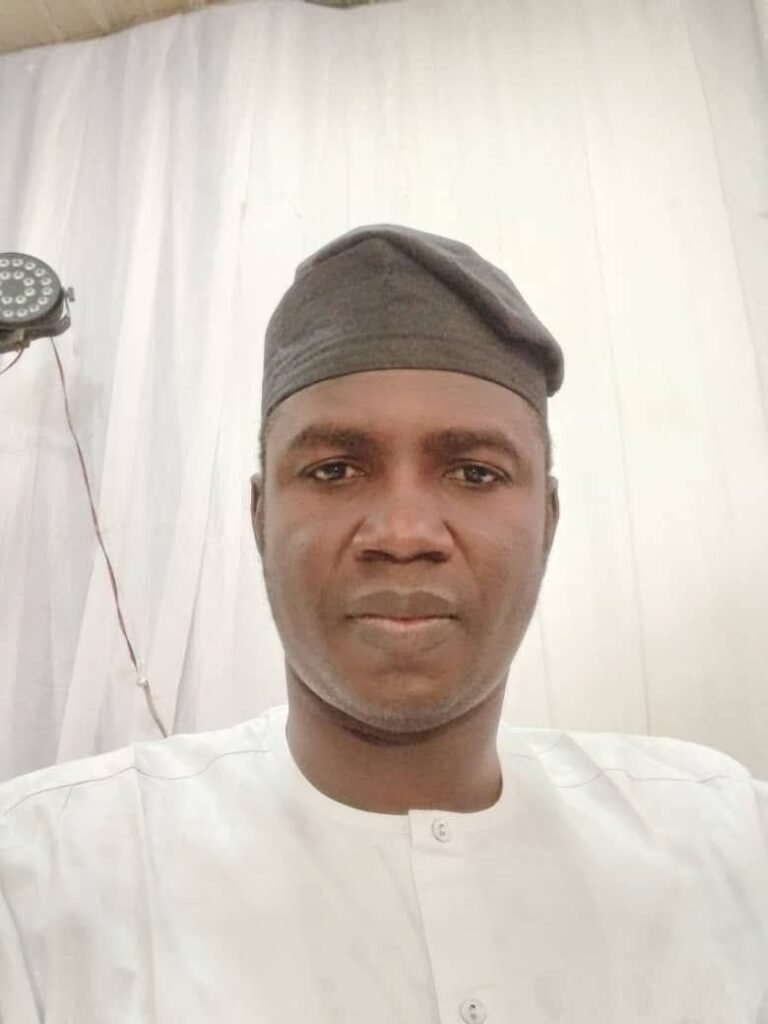
By Isa Mohammed, PhD
Opposition is a pillar of democracy. However, the opposition must be constructive. In a democracy, loyalty is to the country, not a group, a political party, or parochial interests. Loyalty to the country is an act of patriotism.
Politics is a struggle for power, and it is what politicians do to retain power at all costs. It is on this note that cross-carpeting, internal wraglings, and coalitions are born to capture political power.
On Wednesday, 2nd July 2025, powerful politicians with different interests gathered and launched a unified coalition platform for opposition parties in Nigeria. The African Democratic Congress (ADC) has been considered to accommodate all opposition forces. The ADC was formerly referred to as Alliance for Democratic Change before former President Obasanjo renamed and registered it in 2018 in order to oppose PMB in the 2019 elections. However, it didn’t work. This is a platform of politicking for the 2027 general elections led by Mr. David Mark, former Nigerian Senate President and Rauf Aregbeshola, former Governor of Osun state.
The coalition is boosted and blessed with the presence of two former presidential candidates in the 2023 predidential elections Alhaji Atiku Abubakar and Mr. Peter Obi. Moreover, a catalyst in the coalition of opposition is Mal. Nasir El-Rufa’i former Governor of Kaduna State. Some important personalities in the coalition include Rotimi Ameachi former Governor of Rivers state, Sule Lamido former Governor of Jigawa state, Gabriel Suswam former Governor of Benue state, Aminu Tambiwal former Governor of Sokoto state, Abdullahi Adamu former Governor of Nasarawa state and Chief John Oyegun former APC National Chairman among others.
Over the weekend, I read many analyses on the strengths and weaknesses of the opposition as political or public commentary as against specialized political analysis. Most of the analyses leave much to be desired because they were done with emotions, sentiments, and without proper context. The gaps can be seen on the contending issues and political dynamics in Nigeria. The issues raised were correct but not in the context of Nigerian politics. History and facts on the ground prove otherwise.
With due respect to the commentators, Nigerian voting behaviour and patterns do not follow issue-based but rather are subjective. Hence, the analysis itself is weak and subjective. The determinants of victory should be examined and applied from what brought Tinubu to power. Politically, it is the zoning arrangements. Strategically, it is the Muslim/Muslim ticket and the incumbency factor. I will come back to this later.
The coalition is not a Merger
Many pundits are equating the ADC coalition with the APC merger in 2015. It is not. 2015 was a merger of parties into the APC. So, the 2025 coalition is a bit different and has a tendency to break at any point in its existence.
No doubt, it is a bold step taken in the right direction. The obstacles in the coalition can be surmounted by balancing the interests of individuals and groups. The declaration and platform are a strong plus. Plans are underway to register more parties by opposition elements to confuse the APC.
ADC’s Uphill Task Ahead
The party’s national convention must be cognizant of all interests. The ADC’s presidential primaries must be free and fair (if there is no consensus). The presidential candidate must be popular and resourceful enough to face the APC. The other challenge will be how they will respond to APC intimidation and political game plans.
APC’s Many Challenges
The APC challenges will be maintaining its ticket of Tinubu/Shettima and zoning the national chairman of the party to the right zone (North Central). Other challenges may be the many promises made by the party on the Renewed Hope Agenda (let the masses breathe).
Determinants of APC Victory
To determine the victory or failure of APC and PBAT you must identified what gave them winning in the first place.
The APC and Tinubu would rely on regional politics. The North vs. South dichotomy. The APC will maintain a power shift. PBAT has started using that to sway southern governors in opposition and political elites, and maybe the masses, too, will be convinced from zone to support him and his party. .
The second determinant is a Muslim/Muslim ticket. The ticket has a fundamental challenge. Does it serve any political advantage to the promoters? Is it still a viable option for the promoters? As far as it is a political strategy for winning elections, the APC’s influence on the clerics is dwindling and questionable as things stand now. In whose interest and on what deal?
Thirdly, performance legitimacy is another problem. The remaining two years of PBAT can he be able to change the narrative in terms of unbalanced siting of federal projects, infrastructures, contracts, and development initiatives across the country. The ACF and Ohanaeze Indigbo have raised concerns of marginalisation by the PBAT administration. Recently, Afenefere released a press statement that PBAT has failed.
Unless the three determinants are addressed, the APC will be in a corner that will resort to violence or rigging, which will be very dangerous for our democracy.
Coalition Implications on Democracy
I have argued that the big man democracy by PBAT and one-party state manipulation is dangerous. The one-party state project has backfired. All the major political parties are suffering from serious internal crises. Hence, the coalition.
The implications are that it will strengthen democracy, promote good governance, and negatively heighten regional, tribal, religious, and money politics in Nigeria’s 2027 elections.
The Verdict Lies with Nigerians
The choice is left to Nigerians. They will be forced to choose. To choose between APC and others. They will choose wisely. There will big surprises. We will be bcak to analyze them. God bless Nigeria.
Isa Mohammed, PhD
Lecturer and Political Consultant
5th July, 2025.
